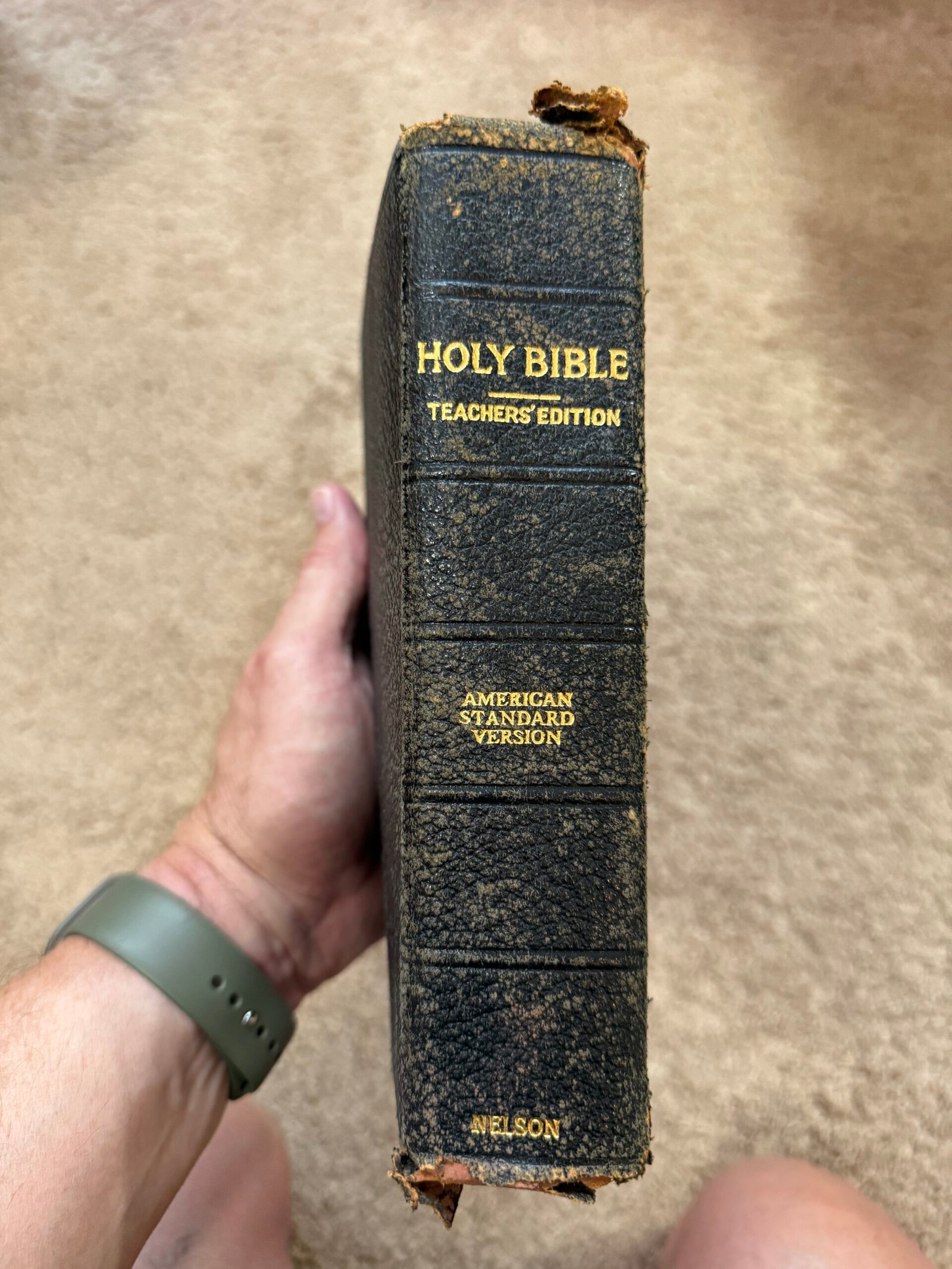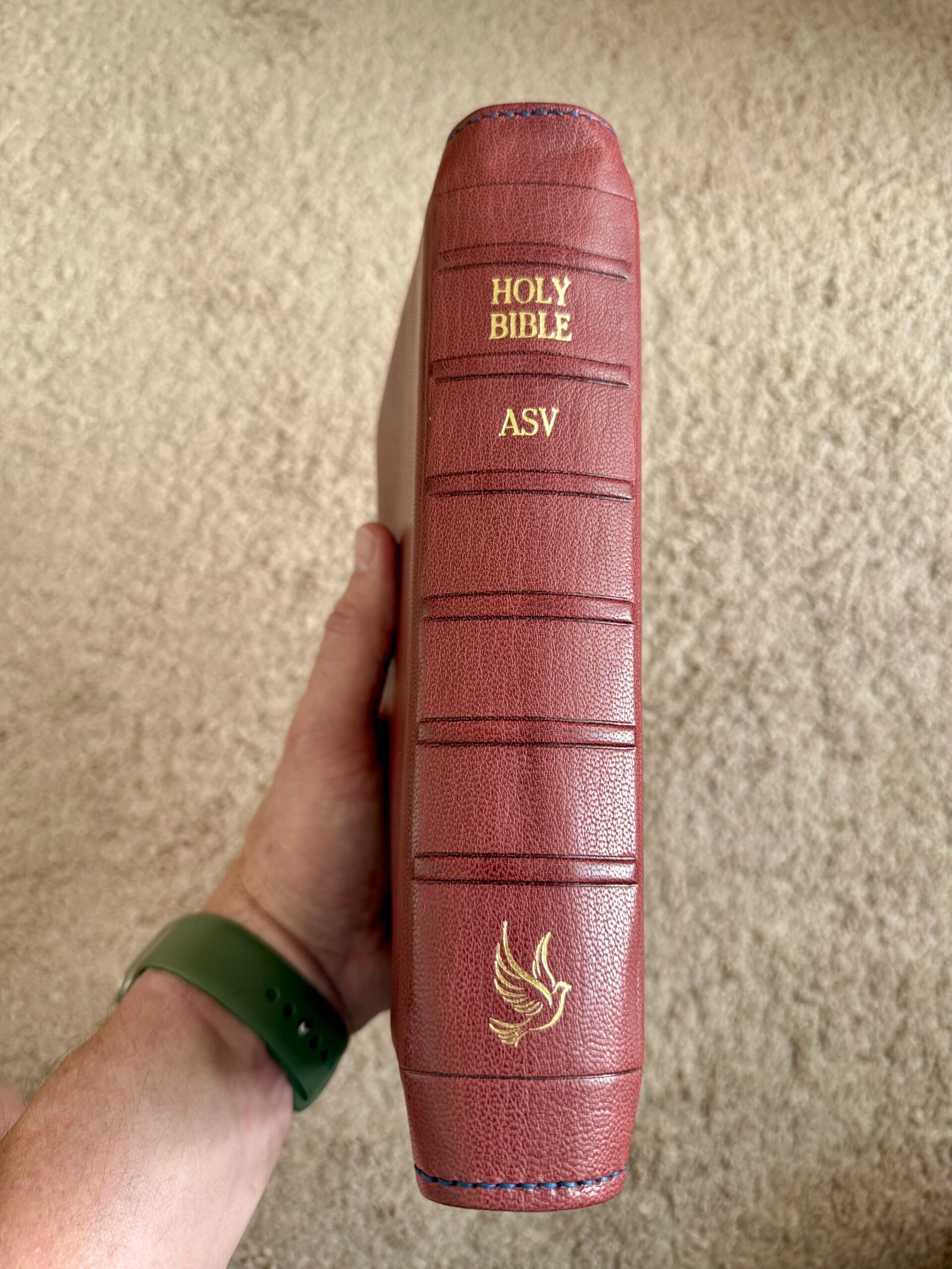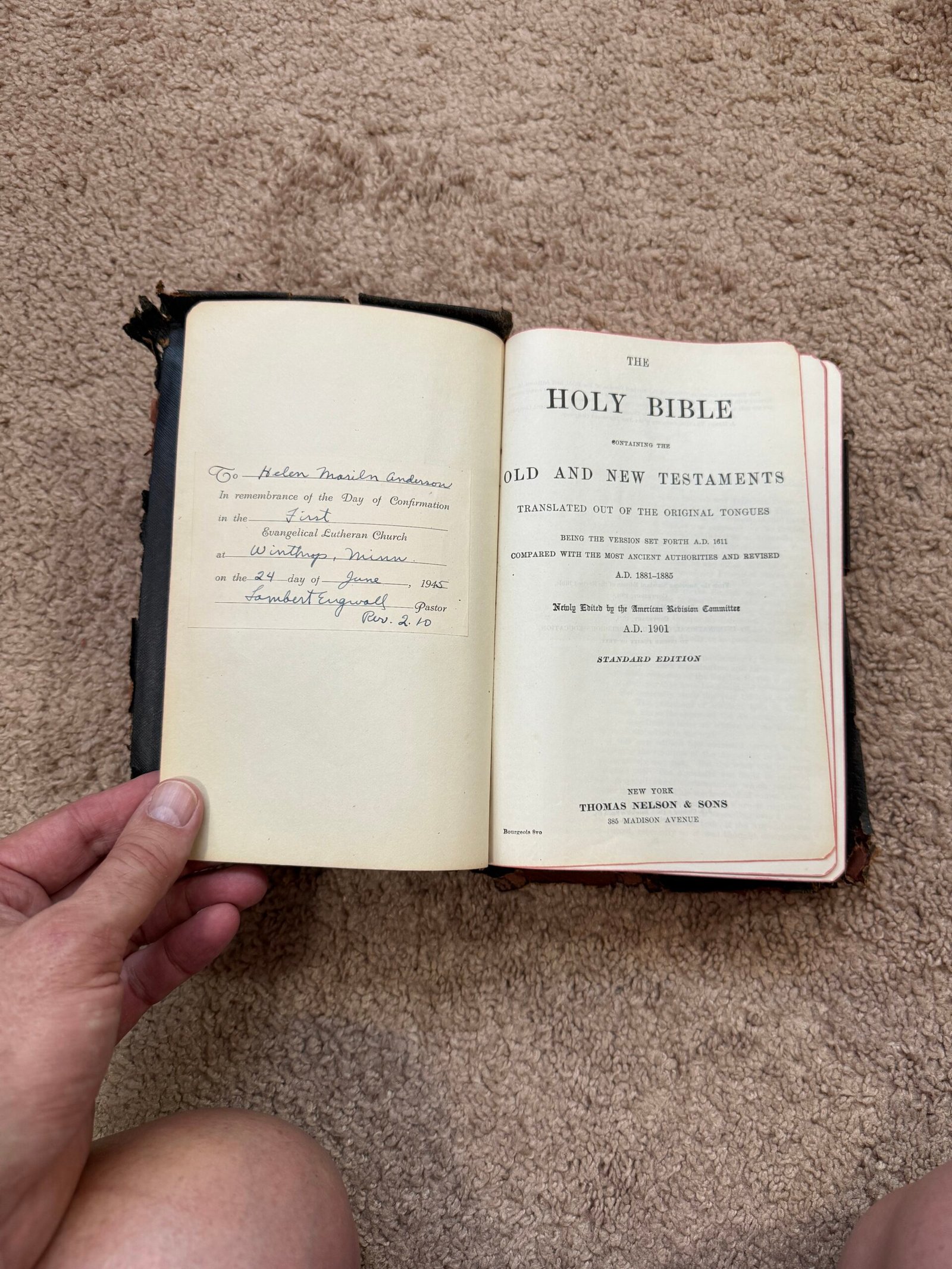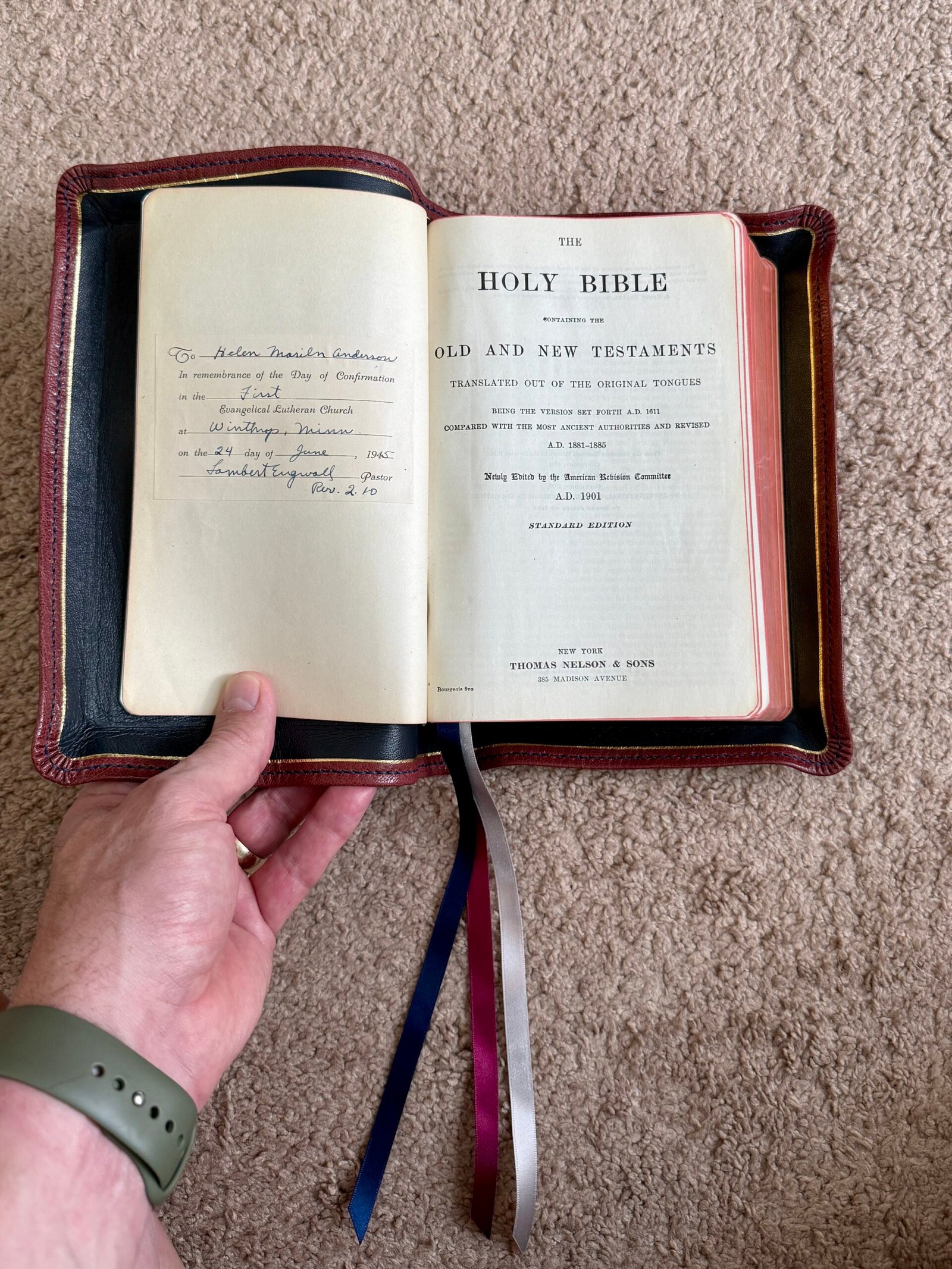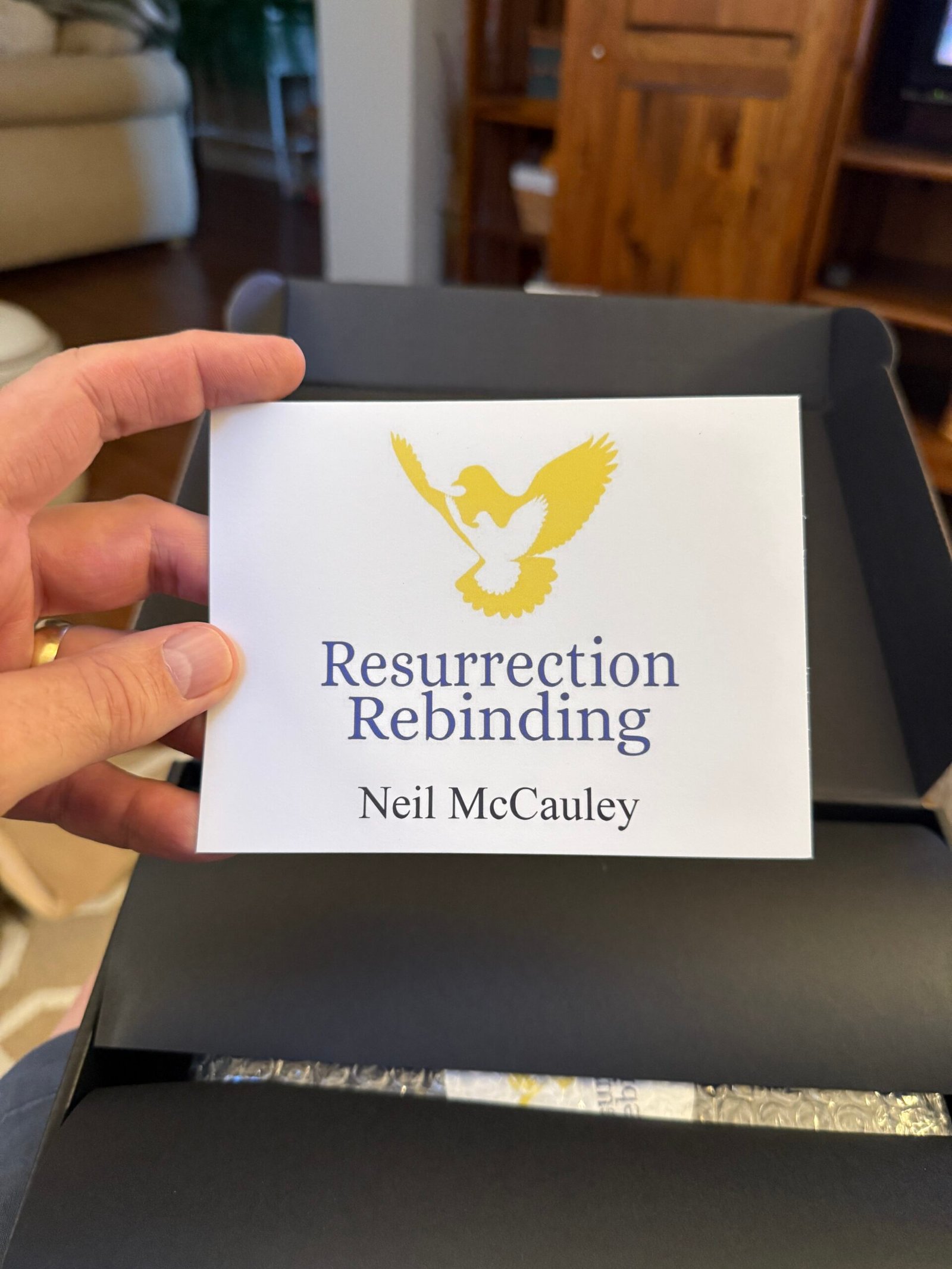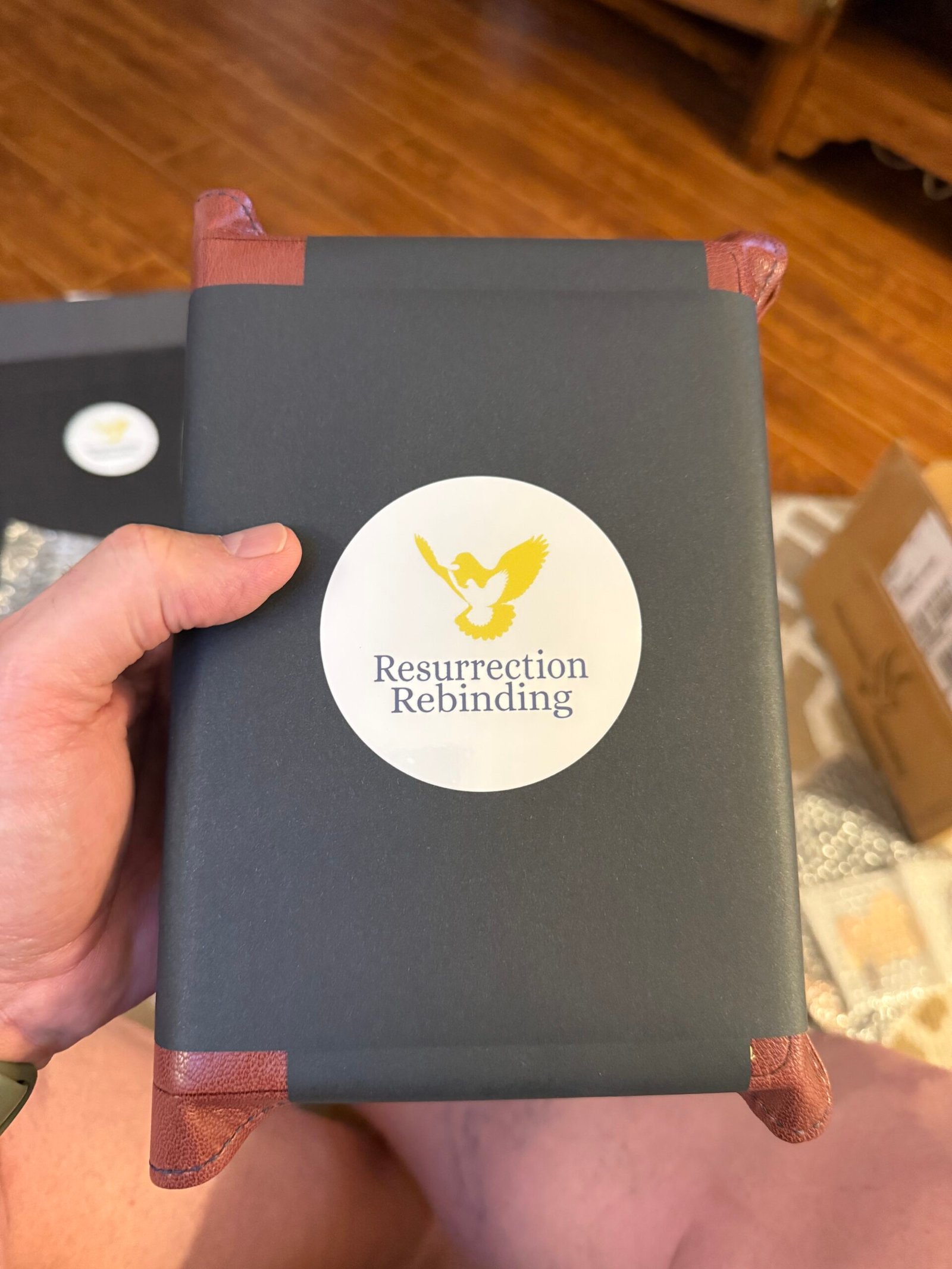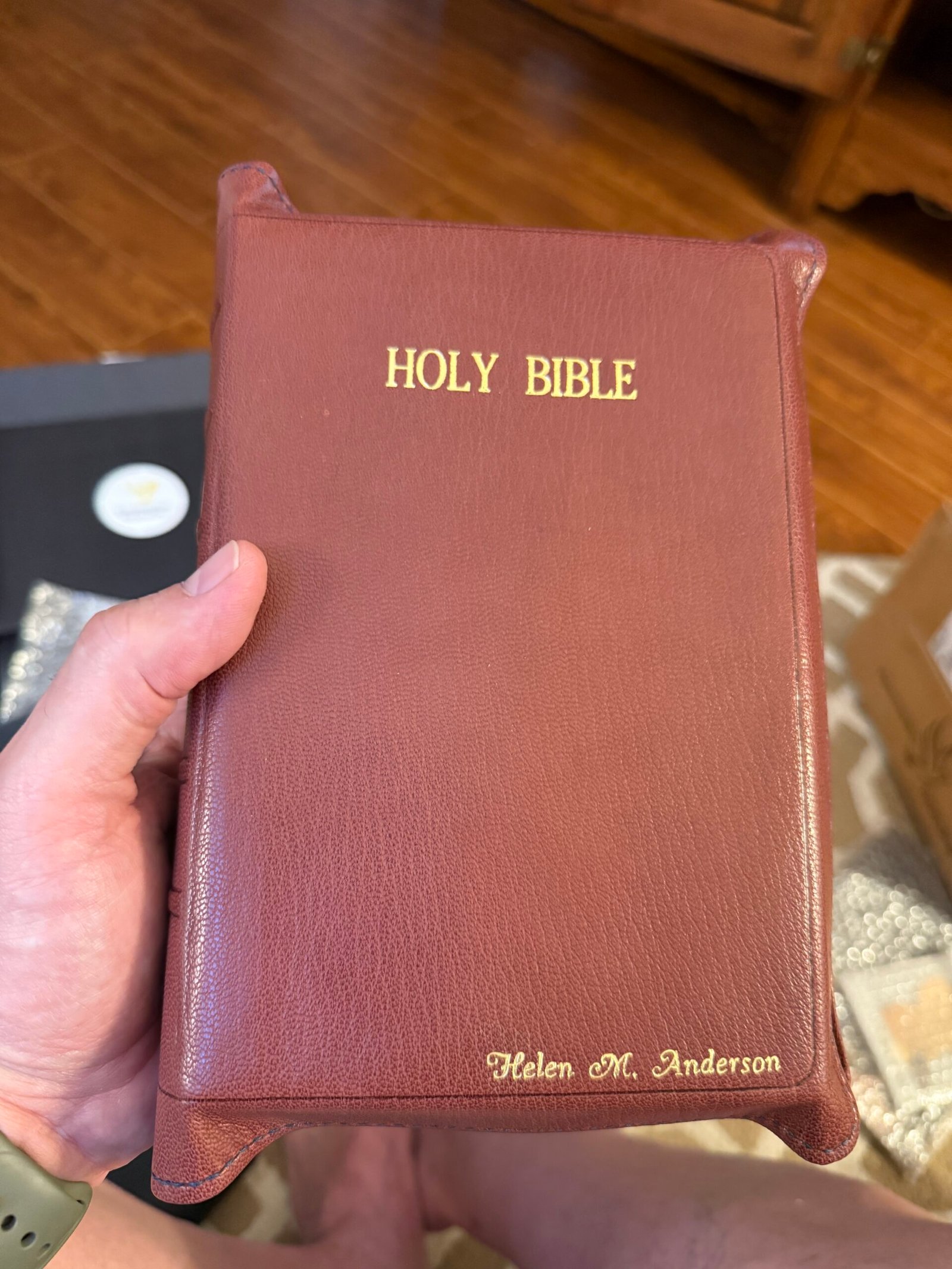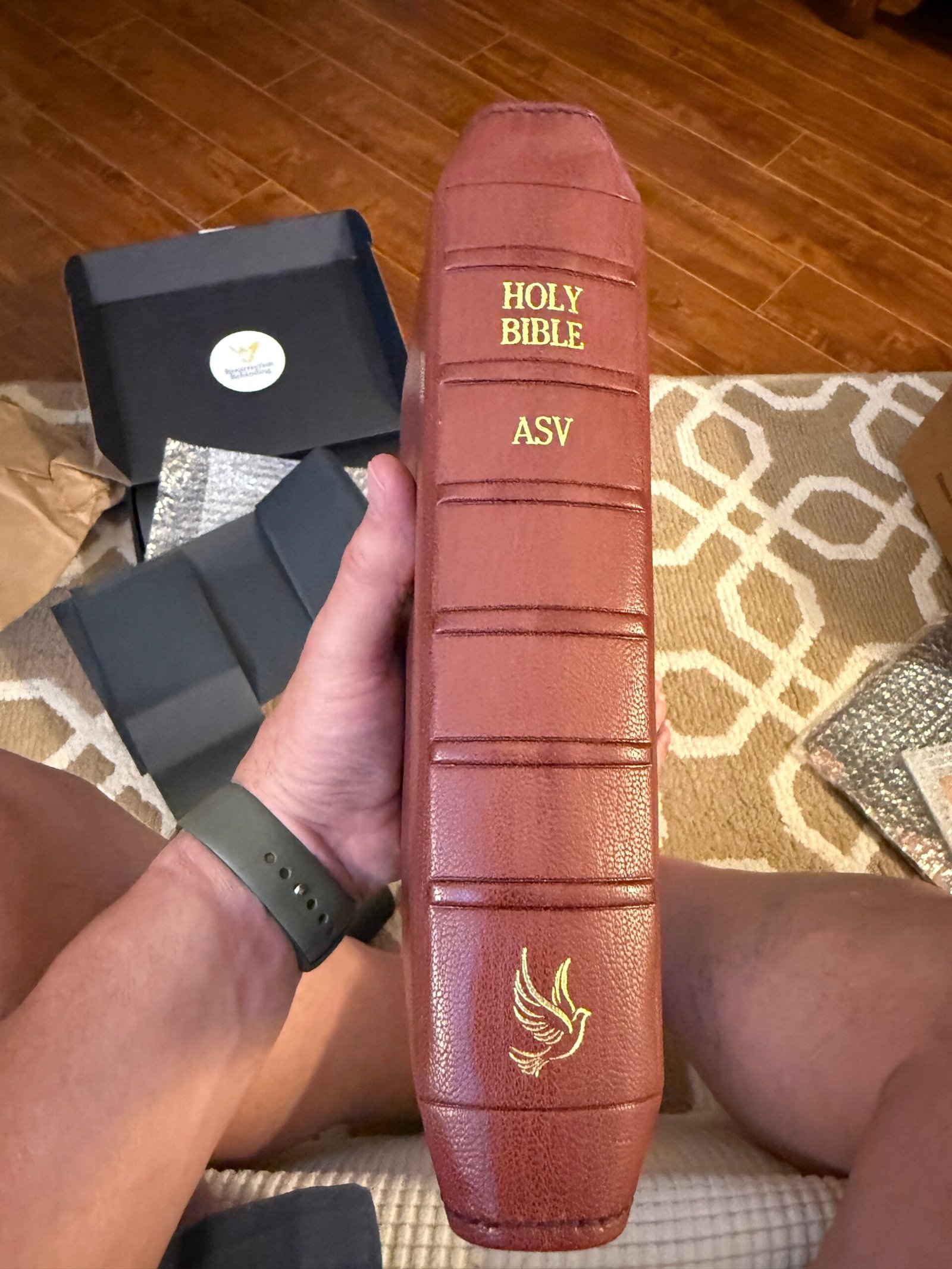It can be right to be angry, but only in very limited and carefully defined situations.
1. Righteous Anger Is Possible
Scripture teaches that not all anger is sinful. Ephesians 4:26 says, “Be angry and do not sin.” Jesus Himself expressed anger when He saw hypocrisy and hard hearts, as in Mark 3:5 and John 2:13–17. Righteous anger reflects God’s character and is a proper response to genuine evil, injustice, or sin.
2. Righteous Anger Is Rare
Because our hearts are imperfect, what we often call “righteous anger” is usually pride, self-defense, or hurt pride in disguise. James 1:19–20 warns that human anger does not produce the righteousness God desires. True righteous anger is focused on God’s honor, not on defending ourselves. It seeks His justice, not personal vindication.
3. When Anger Involves Another Person
It is possible to be angry about the sin someone commits while still loving that person. Romans 12:9–21 reminds us to hate what is evil and cling to what is good. Jesus modeled this perfectly. He confronted wrongdoing with truth, but His motive was always restoration, not revenge. The moment anger turns toward hatred or bitterness, it stops being righteous.
4. How to Respond
Anger should always remain under God’s control. Be slow to speak, quick to forgive, and seek reconciliation whenever possible. Let anger move you toward something good such as pursuing justice, speaking truth, or praying for those involved. Always examine your heart and ask, Am I angry because God’s name is dishonored or because mine is?
5. Gospel Thoughts
Jesus takes the familiar teachings of the law and reveals their deeper spiritual intent (Matthew 5:21–22). He shows that anger can be just as serious as murder when it settles in the heart and turns into resentment toward another person. Yet He makes a clear distinction between that kind of anger and a righteous anger that responds to sin (Mark 3:5; John 2:13–17; Ephesians 4:26). Righteous anger is never directed at the person but at the sin itself, because every person still bears the image of God and is loved by Him (Genesis 1:27; 1 John 4:19–21). Jesus also warns against careless insults and contempt, explaining that words such as “Raca” and “fool” expose a heart that sees others as worthless (Matthew 5:22). He calls us to make things right quickly when tension or offense arises, whether we caused it or not (Matthew 5:23–24; Romans 12:18). Most human anger comes from wounded pride or small offenses, but Jesus shows us a different kind of anger that seeks no harm and still loves the sinner while rejecting the sin (Romans 12:9; Jude 23). In the end, He reminds us that harboring contempt leads to judgment and puts the soul in danger (Matthew 5:22; James 1:19–20).
Summary:
It can be right to feel anger toward sin or injustice caused by another person, but it is never right to hold anger against that person. We are called to hate evil yet love the one who did wrong. This reflects the heart of God, who shows perfect justice and mercy through the cross.
Scripture References (ESV)
Ephesians 4:26
“Be angry and do not sin; do not let the sun go down on your anger.”
Mark 3:5
“And he looked around at them with anger, grieved at their hardness of heart, and said to the man, ‘Stretch out your hand.’ He stretched it out, and his hand was restored.”
John 2:13–17
“The Passover of the Jews was at hand, and Jesus went up to Jerusalem. In the temple he found those who were selling oxen and sheep and pigeons, and the money-changers sitting there. And making a whip of cords, he drove them all out of the temple, with the sheep and oxen. And he poured out the coins of the money-changers and overturned their tables. And he told those who sold the pigeons, ‘Take these things away; do not make my Father’s house a house of trade.’ His disciples remembered that it was written, ‘Zeal for your house will consume me.’”
James 1:19–20
“Know this, my beloved brothers: let every person be quick to hear, slow to speak, slow to anger; for the anger of man does not produce the righteousness of God.”
Romans 12:9–21
*“Let love be genuine. Abhor what is evil; hold fast to what is good. Love one another with brotherly affection. Outdo one another in showing honor. Do not be slothful in zeal, be fervent in spirit, serve the Lord. Rejoice in hope, be patient in tribulation, be constant in prayer. Contribute to the needs of the saints and seek to show hospitality.
Bless those who persecute you; bless and do not curse them. Rejoice with those who rejoice, weep with those who weep. Live in harmony with one another. Do not be haughty, but associate with the lowly. Never be wise in your own sight.
Repay no one evil for evil, but give thought to do what is honorable in the sight of all. If possible, so far as it depends on you, live peaceably with all. Beloved, never avenge yourselves, but leave it to the wrath of God, for it is written, ‘Vengeance is mine, I will repay, says the Lord.’ To the contrary, ‘if your enemy is hungry, feed him; if he is thirsty, give him something to drink; for by so doing you will heap burning coals on his head.’ Do not be overcome by evil, but overcome evil with good.”
Matthew 5:21–22
“You have heard that it was said to those of old, ‘You shall not murder; and whoever murders will be liable to judgment.’ But I say to you that everyone who is angry with his brother will be liable to judgment; whoever insults his brother will be liable to the council; and whoever says, ‘You fool!’ will be liable to the hell of fire.”
Mark 3:5
“And he looked around at them with anger, grieved at their hardness of heart, and said to the man, ‘Stretch out your hand.’ He stretched it out, and his hand was restored.”
John 2:13–17
“The Passover of the Jews was at hand, and Jesus went up to Jerusalem. In the temple he found those who were selling oxen and sheep and pigeons, and the money-changers sitting there. And making a whip of cords, he drove them all out of the temple, with the sheep and oxen. And he poured out the coins of the money-changers and overturned their tables. And he told those who sold the pigeons, ‘Take these things away; do not make my Father’s house a house of trade.’ His disciples remembered that it was written, ‘Zeal for your house will consume me.’”
Ephesians 4:26
“Be angry and do not sin; do not let the sun go down on your anger.”
Genesis 1:27
“So God created man in his own image, in the image of God he created him; male and female he created them.”
1 John 4:19–21
“We love because he first loved us. If anyone says, ‘I love God,’ and hates his brother, he is a liar; for he who does not love his brother whom he has seen cannot love God whom he has not seen. And this commandment we have from him: whoever loves God must also love his brother.”
Matthew 5:23–24
“So if you are offering your gift at the altar and there remember that your brother has something against you, leave your gift there before the altar and go. First be reconciled to your brother, and then come and offer your gift.”
Romans 12:18
“If possible, so far as it depends on you, live peaceably with all.”
Romans 12:9
“Let love be genuine. Abhor what is evil; hold fast to what is good.”
Jude 23
“Save others by snatching them out of the fire; to others show mercy with fear, hating even the garment stained by the flesh.”
James 1:19–20
“Know this, my beloved brothers: let every person be quick to hear, slow to speak, slow to anger; for the anger of man does not produce the righteousness of God.”






